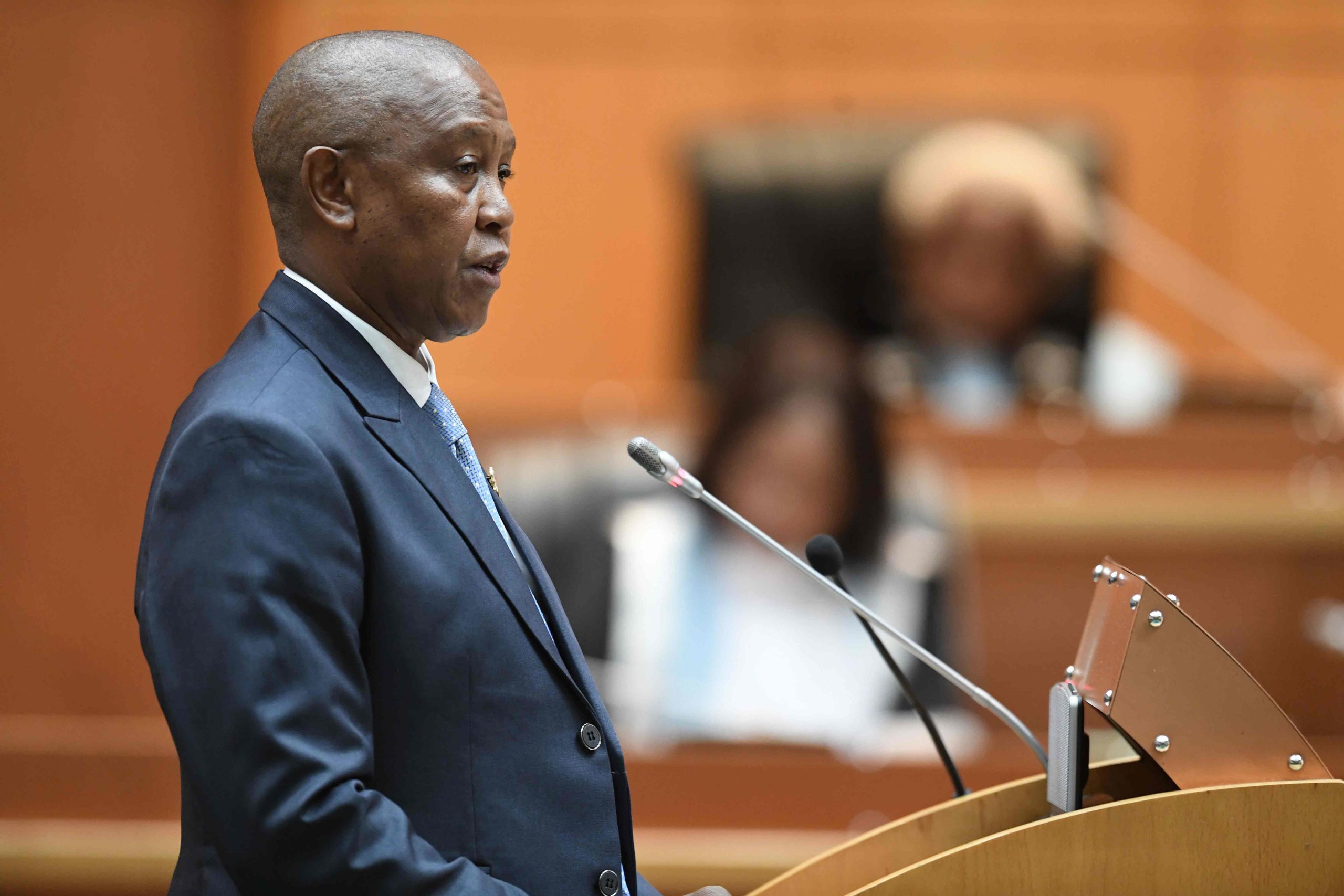Privatisation is a means multiplying the gains of the wealthy at the expense of the rest of society, writes GAONTEBALE MOKGOSI, Brother Chairman of Real Alternative Party
The Real Alternative Party, through this article, seeks to share a few of its misgivings and displeasures on the 2020/21 budget speech as projected by Minister Thapelo Matsheka.
Inspite of the BDP rhetoric of its promise to “transform the economy in order to create an inclusive economy with greater citizen participation”, the budget speech has ignored key economic problems, including decline in living standards due to persistent unemployment, income disparities, and shortage of life-saving medicines at public hospitals and clinics. But rather than correcting the growing economic inequalities, the speech is reinforcing them.
By attacking parastatals and moving on to ways of privatising them, Minister Matsheka`s budget speech is based on the old myth that giving money to the rich is the only way of guaranteeing job creation. The irony in supporting privatisation is that it involves firing large numbers of workers and selling out the government stake. Privatisation of parastatals will trigger a chain reaction, affecting not just the lives of the employees concerned but society as a whole. Eroding confidence in the state-owned companies and privatising them is to accelerate the decline in the economy. Worse still, privatising the BMC is to kick Batswana where it hurts most. It is for an economic fact that it is not in the interest of the private sector to correct market failures. Rather, the true aim of privatisation is to amplify the ambitions of the wealthy at the expense of the rest of society.
The budget has also been presented in a way that justifies the maintenance of low taxes on capital gains. Yet, the lower tax rates on capital gains will not lead to higher sustainable growth but will attract more speculative booms, many of which do play a role in the market failures and hence in the economic crises that have always led to loss of jobs. The low tax rates are simply a risk premium that investors demand. It is an offer to the rich business speculators. The true agenda of keeping taxes low is to ultimately downsize government.
The budget speech lacks the moral compass to protect and work for most citizens. It is brinkmanship that is not centred on shared prosperity, and that means failing to halt and reverse the trend of growing inequality in Botswana. It is a budget that has concentrated on creating a market value that is entirely separated from creating employment, i.e. moving Botswana from upper middle income to a high income country. Doing this is to reduce development to the algorithms of jobless economic growth. It is inconceivable that there is more money to acquire military assets but there is no money for full employment.
In sum, the 2020/21 budget speech presents a zero-sum situation in which many more Batswana will be alienated and demotivated. Only the favoured few will benefit fantastically. The budget is just another variant of trickle-down economics. Despite Botswana being an upper middle income country, economic insecurity has become a fact of life in this country. It is real. The decline in living standards due is manifested by an increasing number of young adults forced to live with their parents due to lack of income and security. Even customs like marriage are being affected by lack of income and security.
Actions that would help to address challenges facing the country are increasing taxes on corporates, scaling back on defence spending, ensuring full employment, improving the distribution of income and making money easily available for citizen economic empowerment initiatives. Other ways of raising revenues is to stop giving away resources at below market prices for diamonds, copper and coal by making those who use or exploit our natural resources pay for the full value. These actions as revenue raisers would make for a more efficient economy and sustainably reduce deficit. According to the long standing principle of economics called the balanced budget multiplier, the success of an economy can be assessed by the government simultaneously increasing taxes and increasing expenditure, and as a result stimulating the economy and reducing the deficit.
But as always, the BDP has failed to understand the simple economic rule that creating a more equal society can create a more dynamic economy. And it is not that the Botswana economy does not have the ability to do so as the BDP ruling class and its apologists would want to propagate. It is the way that the Botswana economic engine is being run that has given the benefits of that growth to a few at the top. This is because the economy of the BDP state is not founded on shared prosperity. It is an economy founded on high levels of inequality and corruption.
We are under a political system that gives inordinate power to those at the top, and they have used that power not only to limit the extent of redistribution but also to shape the rules of the game in their favour and extract from the public through rent–seeking (privatisation of state-owned enterprises not for the purpose of creating wealth but is done with the intention of grabbing a larger share of the wealth that would otherwise have been produced without their effort). The BDP is an unimaginative political creature that is incapable of forecasting.
Gaontebale Mokgosi
Brother Chairman
Real Alternative Party




